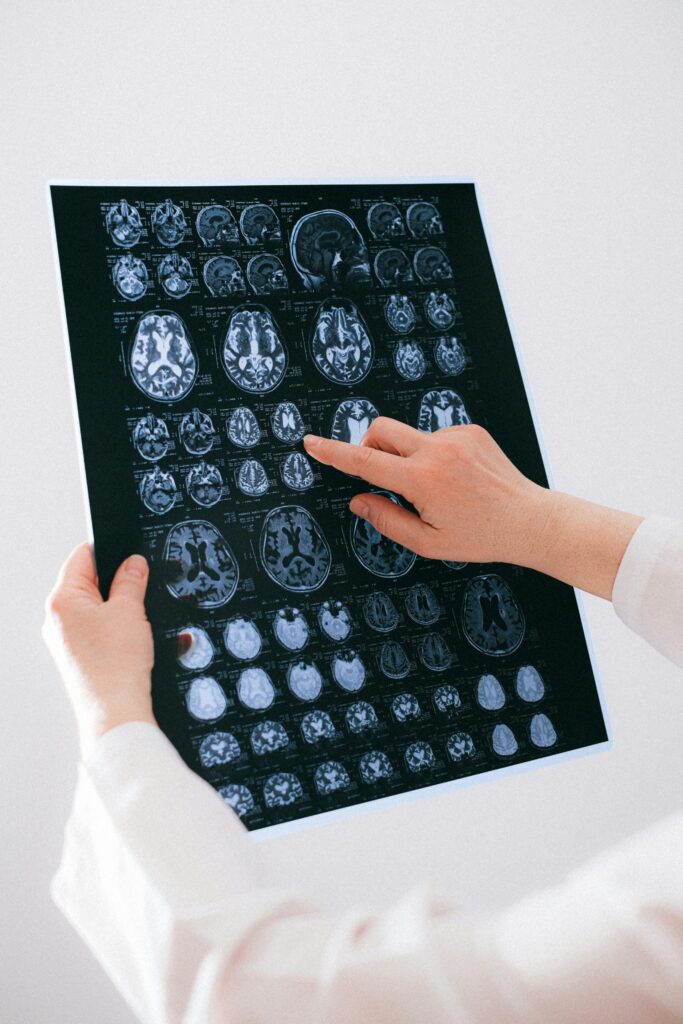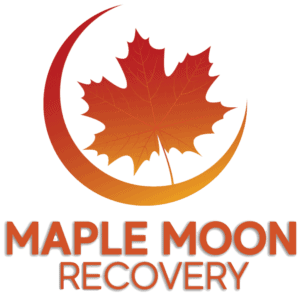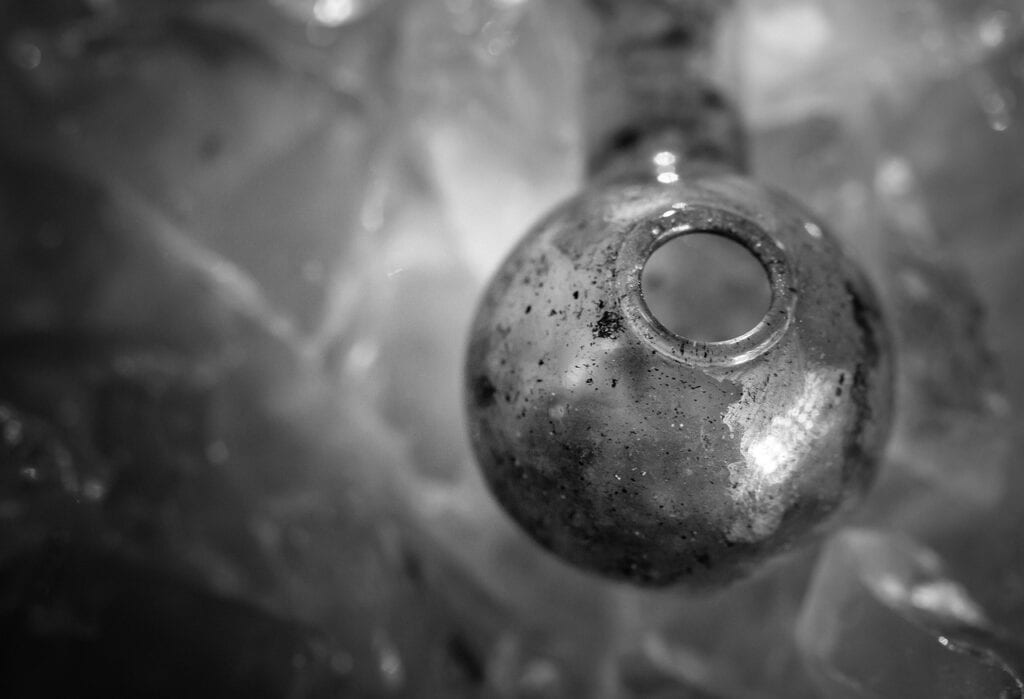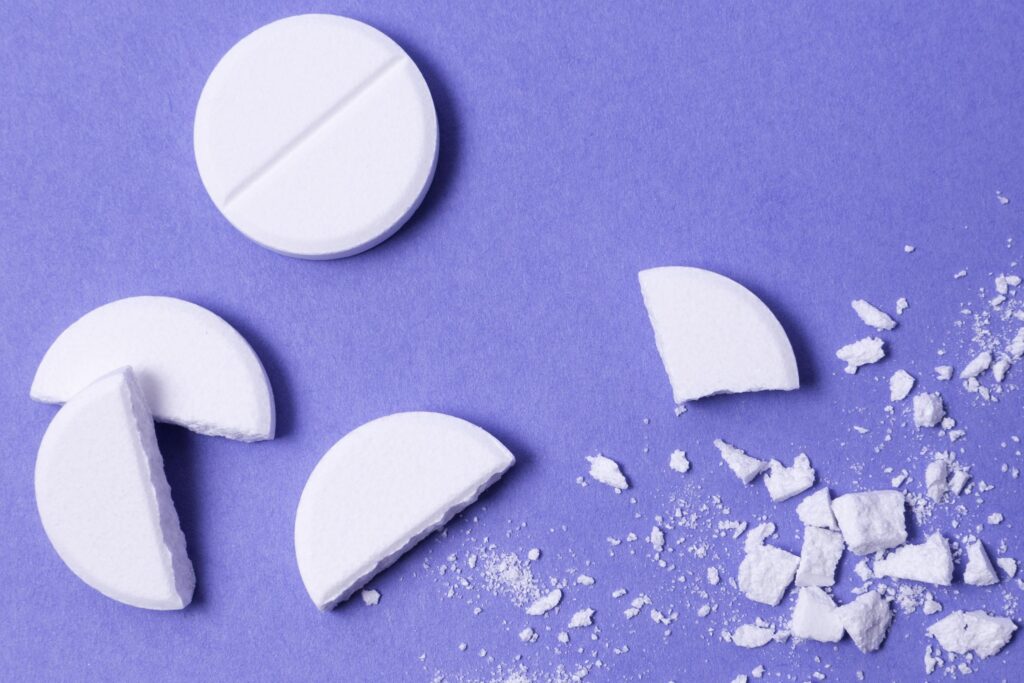Does Cocaine Dehydrate You?

⚠️Visitors to our site are often searching for information because they, their best friend, or a family member has fallen into the use of dangerous substances. We aim to provide educational information but more importantly, we strive to protect people from the dangers of all forms of substance abuse!⚠️
Don’t hesitate to call our admissions department at (844) 844-2990 or verify your insurance here to get substance abuse help for yourself or a loved one.
Key Points
- Cocaine significantly increases the risk of dehydration due to its stimulant properties.
- Dehydration from cocaine use can severely impact physical and neurological health.
- Inpatient medically assisted detox and rehabilitation is the safest and most effective treatment method for cocaine addiction.
- Maple Moon Recovery offers specialized inpatient programs to manage cocaine addiction effectively.
- Insurance typically covers inpatient rehabilitation for cocaine addiction treatment.
- Pregnant women and infants are particularly vulnerable to the harmful effects of cocaine-induced dehydration.
Why Hydration Is Important
Hydration is crucial for maintaining overall health. Proper hydration regulates body temperature, supports digestion, transports nutrients, and facilitates neurological functions. Adequate hydration helps the body to detoxify efficiently, promoting overall well-being and energy levels. Dehydration can impair cognitive function, cause kidney problems, and lead to serious medical conditions if left untreated.
How Cocaine Affects Health
Cocaine, a powerful stimulant, impacts health profoundly. It accelerates heart rate, elevates blood pressure, and constricts blood vessels, which can result in heart attacks, strokes, and severe cardiovascular complications. Chronic use deteriorates nasal passages, damages the gastrointestinal tract, and impairs kidney function, significantly compromising overall health.

Neurological Effects Of Cocaine
Cocaine significantly disrupts neurological function by altering dopamine regulation in the brain. It creates intense euphoric sensations followed by severe crashes that trigger anxiety, depression, and cognitive impairment. Long-term cocaine use can lead to paranoia, hallucinations, permanent cognitive deficits, and an increased risk of stroke due to restricted blood flow to the brain [1].
Physical Effects Of Cocaine
Physically, cocaine can cause substantial harm. It causes elevated heart rate, chest pain, hypertension, and increased risk of heart attacks. Additionally, cocaine constricts blood vessels, impairing circulation and potentially causing significant kidney damage. Gastrointestinal problems, weight loss, and nutritional deficiencies are common among users, further exacerbating dehydration risks [2].
How Cocaine Affects Hydration
Cocaine’s stimulant properties cause excessive sweating, elevated body temperature, and frequent urination, all of which contribute significantly to dehydration. The stimulant effect accelerates metabolism and fluid loss, increasing the body’s demand for fluids to maintain balance. Regular or binge usage dramatically increases the likelihood of severe dehydration, heightening risks of kidney failure and cardiovascular issues [3].
Warning Signs You Might Be Dehydrated

Signs of dehydration include:
- Extreme thirst
- Dry mouth and skin
- Fatigue and dizziness
- Reduced urination or dark urine
- Confusion or irritability
- Rapid heartbeat and breathing
- Sunken eyes or lethargy
Prompt medical attention is necessary when these symptoms persist, especially in cocaine users who may already have underlying health issues.
Dehydration During Detox
Detoxification from cocaine often involves withdrawal symptoms like sweating, nausea, vomiting, and diarrhea, severely increasing the risk of dehydration. Dehydration during detoxification can lead to severe complications, including electrolyte imbalance, kidney damage, and even cardiovascular instability. Medical supervision during detox ensures proper hydration, electrolyte management, and safer symptom control [5].
Hydration and Addiction Treatment
Hydration plays a vital role during addiction treatment. Ensuring adequate hydration helps ease withdrawal symptoms, supports physical recovery, and aids cognitive function restoration. Structured inpatient programs, such as those provided by Maple Moon Recovery, emphasize hydration therapy alongside medical monitoring to enhance recovery outcomes and promote long-term sobriety.
Why Inpatient Medically Assisted Rehab is Essential
Inpatient medically assisted rehabilitation provides structured, supervised treatment crucial for cocaine addiction recovery. Withdrawal from cocaine can involve intense physical and psychological symptoms requiring professional medical support. Maple Moon Recovery’s inpatient programs offer comprehensive care, addressing dehydration, managing withdrawal safely, and providing ongoing psychological support necessary for sustained recovery.
Maple Moon Recovery: How We Assist
Maple Moon Recovery offers specialized inpatient treatment designed specifically for those struggling with cocaine addiction. Our facility provides medical detoxification, therapeutic counseling, hydration therapy, nutritional support, and individualized treatment plans. Our experienced medical team ensures safe detoxification, comprehensive medical care, and therapeutic support, reducing risks associated with withdrawal and enhancing overall recovery outcomes.
Does Insurance Cover Rehab?
Yes, most insurance plans cover inpatient rehabilitation for cocaine addiction treatment. The Affordable Care Act (ACA) requires most insurers to provide coverage for addiction treatments, ensuring financial accessibility to recovery services. At Maple Moon Recovery, our team assists in verifying insurance benefits and advocating for coverage, simplifying the admission process.
Frequently Asked Questions (FAQs)
Can cocaine dehydration cause permanent damage?
Yes, prolonged dehydration from cocaine use can cause permanent kidney damage, cardiovascular complications, and neurological impairments.
How quickly can cocaine cause dehydration?
Cocaine can cause dehydration quickly, within hours, especially when used in high doses or repeatedly.
Is inpatient rehab necessary for cocaine addiction recovery?
Yes, inpatient medically supervised rehab is highly recommended due to the severe withdrawal symptoms and health complications associated with cocaine detox.
What does medically assisted detox include at Maple Moon Recovery?
Our medically assisted detox includes hydration therapy, electrolyte management, medical supervision, psychological support, and medications when necessary.
Can pregnant women safely detox from cocaine?
Pregnant women should always detox under medical supervision, as cocaine detox can have severe implications for both mother and infant.
References
[1] National Institute on Drug Abuse. “Cocaine.” – https://nida.nih.gov/publications/research-reports/cocaine
[2] Substance Abuse and Mental Health Services Administration. “Cocaine.” – https://www.samhsa.gov/find-help/addiction-substance-use/cocaine
[3] Centers for Disease Control and Prevention. “Stimulants.” – https://www.cdc.gov/stimulants
[4] March of Dimes. “Cocaine and Pregnancy.” – https://www.marchofdimes.org/pregnancy/cocaine-and-pregnancy
[5] Substance Abuse and Mental Health Services Administration. – https://www.samhsa.gov/find-help/helplines/national-helpline
🩺 Professionally Reviewed by:

Share This Post



